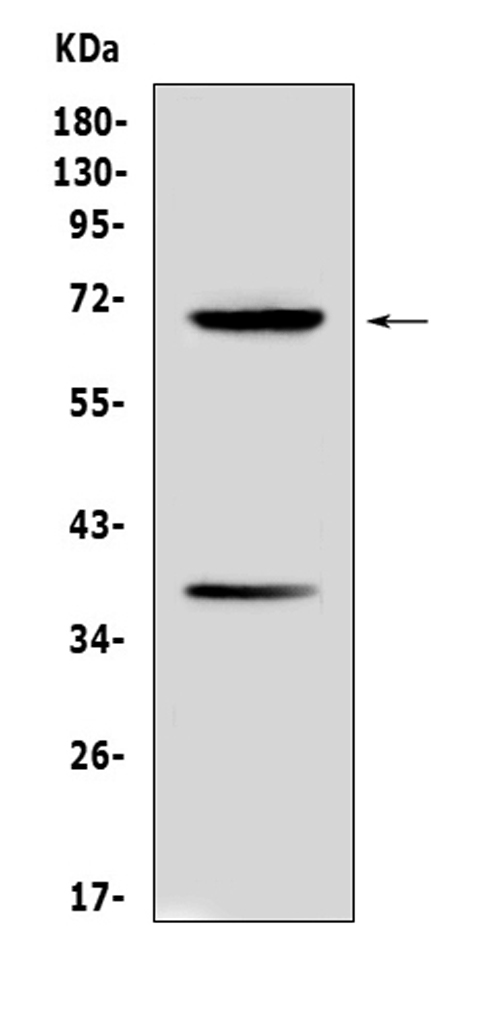AFP (Alpha-Fetoprotein), a major plasma protein, is produced by the yolk sac and intestinal tract during fetal life. Adult AFP expression is often linked to teratoma and hepatoma. Individuals with no apparent pathology may have hereditary persistence. The protein is believed to be the fetal equivalent of serum albumin.
AFP and the albumin genes share the same transcriptional orientation on chromosome 4. AFP antigen can be found in monomeric and dimeric forms. AFP can also bind with copper ions and nickel ions. To screen for spina bifida or anencephaly, the level of AFP found in amniotic liquid is used.

Patients with hepatocellular carcinomas, teratoblastoma, colorectal cancers, pancreatic cancers, and germ cell neoplasms have high levels of serum AFP. The 1E8 monoclonal anti-human alpha-fetoprotein (1AFP) reacts to this antibody. This secretory protein of 70-kDa is part of the albumin family. The highest levels of AFP protein in fetal serum are those that have been synthesized during embryogenesis by the yolk sac and fetal liver.
After birth, serum AFP levels drop dramatically. In fact, AFP levels in adult serum are almost undetectable. Adults can have elevated levels of AFP in their serum due to hepatocellular cancer and germ cell teratoblastoma. This protein can be used to diagnose these conditions.
Antibodies that detect AFP are useful in many scientific applications such as Western Blot and Immunocytochemistry. These antibodies are able to detect AFP in human, mouse, non-human primate, and canine samples.
